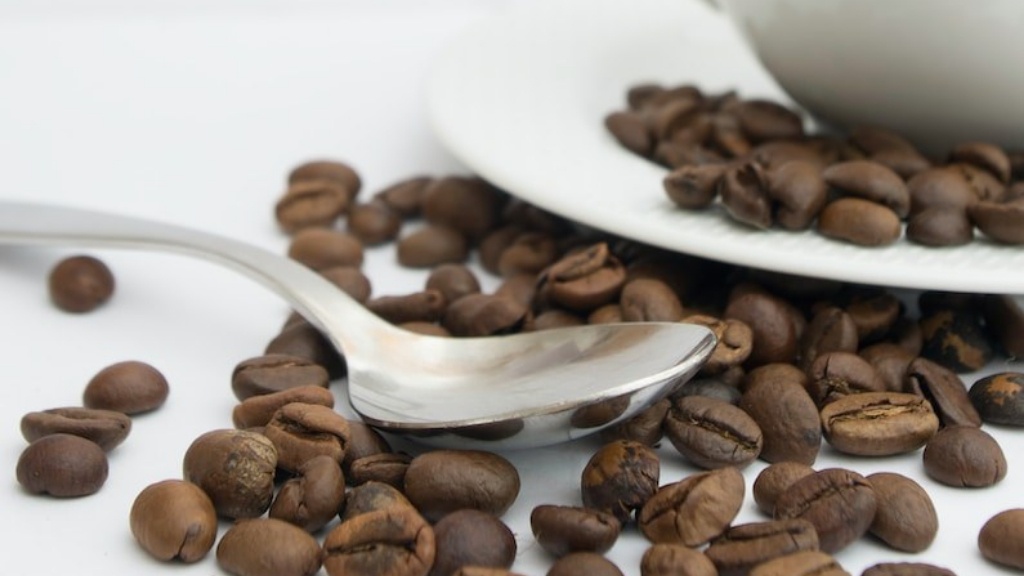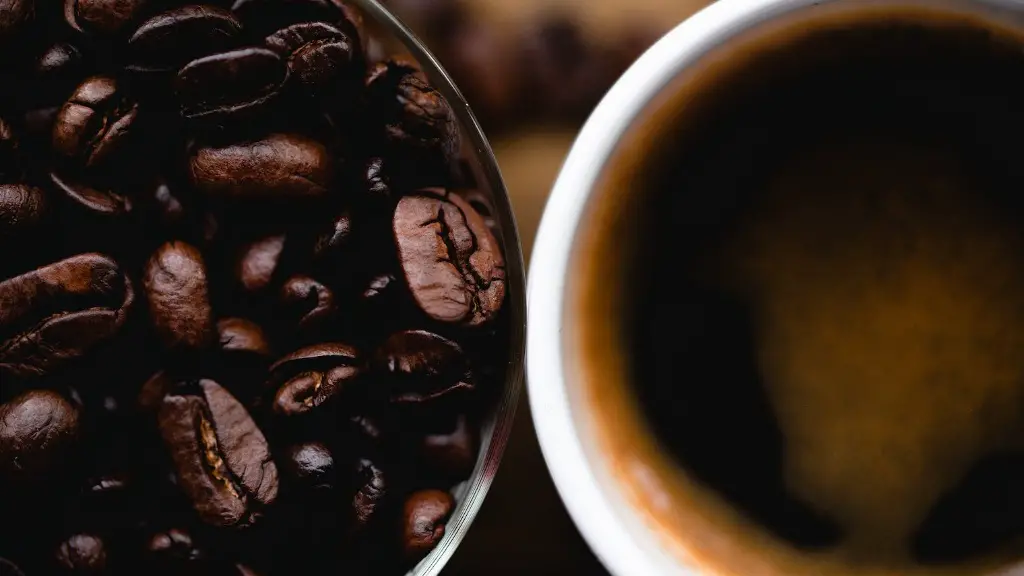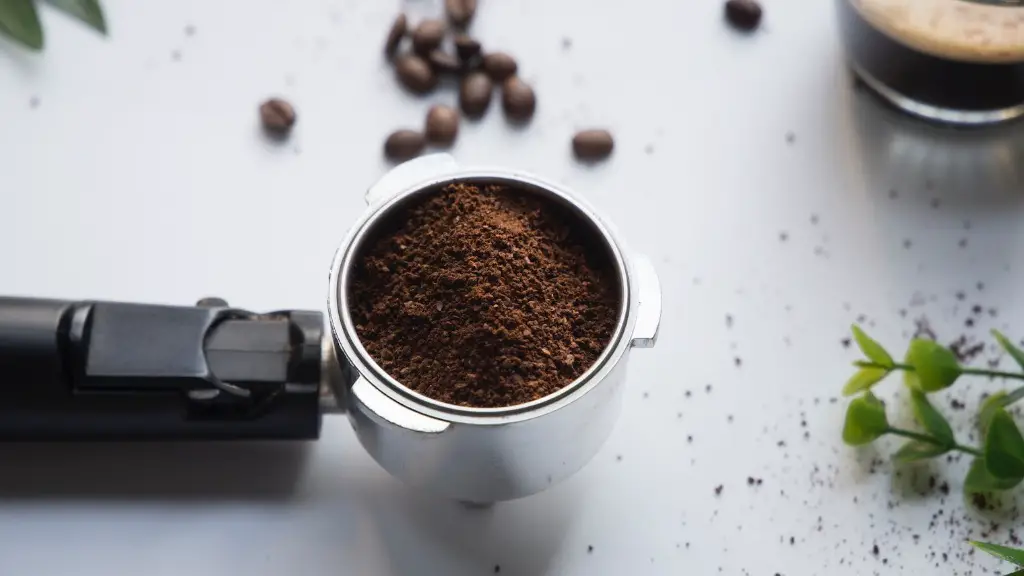Black coffee can be a great addition to intermittent fasting. Intermittent fasting is an eating pattern that has been gaining traction in the health and fitness community. It involves alternating periods of eating and fasting, often for the purpose of weight loss, detoxification, and general health. People who follow a regular intermittent fasting schedule often opt for a morning cup of black coffee as a way to kickstart their fast. However, some skeptics question the effectiveness of this approach, claiming that drinking coffee during a fast might decrease the benefits of fasting. This article examines the evidence behind drinking black coffee while fasting and explores its potential advantages and disadvantages.
Background Information
Intermittent fasting is a dietary regime in which a person regularly cycles between periods of eating and periods of fasting. Fasting can last anywhere from 12 hours to several weeks, depending on the type of intermittent fasting regimen being followed. Typically, fasting is done on a regular pattern such as daily or weekly. This type of fasting has been promoted as having many health benefits ranging from weight loss to improved concentration and mental clarity. It is also believed to have beneficial effects on metabolic health, including improved insulin sensitivity, reduced inflammation, and decreased risk of chronic disease.
One common recommendation when it comes to fasting is to not only avoid food during the fasted period, but also to avoid any other type of calorie-containing beverage. However, black coffee is one beverage that has been found to be tolerated during a fast, and it has even been suggested as a way to increase its effectiveness.
Relevant Data
Research suggests that drinking black coffee can help extend a fast’s benefits. A 2018 study published in the journal Appetite found that drinking black coffee in the morning during a fast can help maintain a feeling of fullness. The researchers found that participants who consumed a cup of black coffee reported feeling less hungry than those who abstained. This suggests that drinking black coffee during a fast can help to increase the effectiveness of its hunger-reducing effects.
In addition to its hunger-reducing effects, black coffee can also provide some other potential benefits while fasting. It has been found to increase alertness and focus, as well as improve metabolism. A study published in the journal Nutrition & Metabolism showed that drinking black coffee during a fast can help increase lipolysis, which is the breakdown of stored fat for energy.
Perspectives from Experts
Experts generally agree that drinking black coffee during a fast is a safe and effective way to extend the benefits of fasting. While caffeine can have some negative effects if consumed in large amounts, the caffeine in black coffee is generally considered to be safe in moderation. Dr. Jaclyn London, a Registered Dietitian Nutritionist at the Good Housekeeping Institute notes, “Many people find that black coffee can help reduce hunger during intermittent fasting without interfering with their results.” She recommends that if you do choose to consume black coffee during a fast, to limit it to one cup.
Similarly, Brittany Dean, R.D., recommends that those looking to fast from a health perspective should “consider drinking coffee as a way to stay alert and energized during your fasting window.” She notes that black coffee has a low calorie content, so it can help to extend the benefits of fasting without breaking the fast.
Own Insights and Analysis
Overall, it appears that drinking coffee during intermittent fasting can be beneficial in terms of improving alertness, focus, and metabolism. It can also help reduce hunger and extend the length of a fast. However, it is important to remember that coffee is still a form of calorie intake and should be limited to one cup during a fast. Additionally, everyone’s body responds differently to caffeine and some people may find that it interferes with their fast, or that it increases their hunger. It is important to listen to your body and adjust your fasting and coffee consumption accordingly.
How Coffee Affects Metabolism
Coffee has been found to have a beneficial effect on metabolism and can even help aid weight loss, even when consumed during a fast. This is likely due to the presence of caffeine in coffee, as caffeine acts as a stimulant to the body and is known to increase energy expenditure. Coffee also contains several other compounds that have been found to have a positive effect on metabolism, and it is believed that these compounds are further enhanced when combined with fasting.
Caffeine in coffee can also help to increase the breakdown of stored fat for energy, which can help to speed up weight loss. Studies have also found that coffee can decrease appetite and help to prevent overeating, which can further aid in weight loss and reducing calorie intake. Overall, the evidence suggests that consuming coffee during a fast can actually help to increase its metabolic benefits.
Effect On Mental Clarity and Focus
In addition to helping to improve metabolic health, black coffee has also been found to have a positive effect on mental clarity and focus. This is likely due to the presence of caffeine, which is a known stimulant. Caffeine has been found to increase alertness, improve focus, and reduce feelings of fatigue. Studies have also found that coffee may even help to enhance cognitive performance and improve mood. However, it is important to remember that everyone’s body responds differently to caffeine and some people may experience negative side effects from drinking too much coffee.
Overall, it appears that consuming coffee during a fast can be beneficial in terms of improving mental clarity and focus. It can also help to increase the metabolic benefits of a fast, as well as reduce feelings of hunger and fatigue.
Side Effects
Although black coffee has many potential benefits when consumed during a fast, it is important to consider some potential side effects that may occur as well. Caffeine can have a diuretic effect, which can lead to dehydration if consumed in large amounts. Additionally, consuming too much caffeine can lead to jitteriness, insomnia, and headaches. It is important to listen to your body and be mindful of how much coffee you are consuming during a fast.
In addition to potential caffeine-related side effects, some people may find that black coffee interferes with their ability to stay in a fasted state. This can be due to a number of factors, such as caffeine’s effect on hormones and blood sugar levels. It is important to be mindful of how black coffee affects your body and adjust your consumption accordingly.
Coffee Alternatives
For those looking for a caffeine-free way to extend a fast, there are several alternatives to black coffee. One popular choice is herbal tea, which can provide some of the same benefits that black coffee does, but without the caffeine. Additionally, there are various supplements on the market that are formulated specifically for use during fasting, such as MCT oil and green tea extract. These can provide some of the same benefits as black coffee, without the potential side effects of caffeine.
Overall, it appears that adding black coffee to a fasting regimen can be beneficial, but it is important to remember to listen to your body and adjust your consumption accordingly. Additionally, there are several alternatives to black coffee that can extend a fast without causing any adverse side effects.




